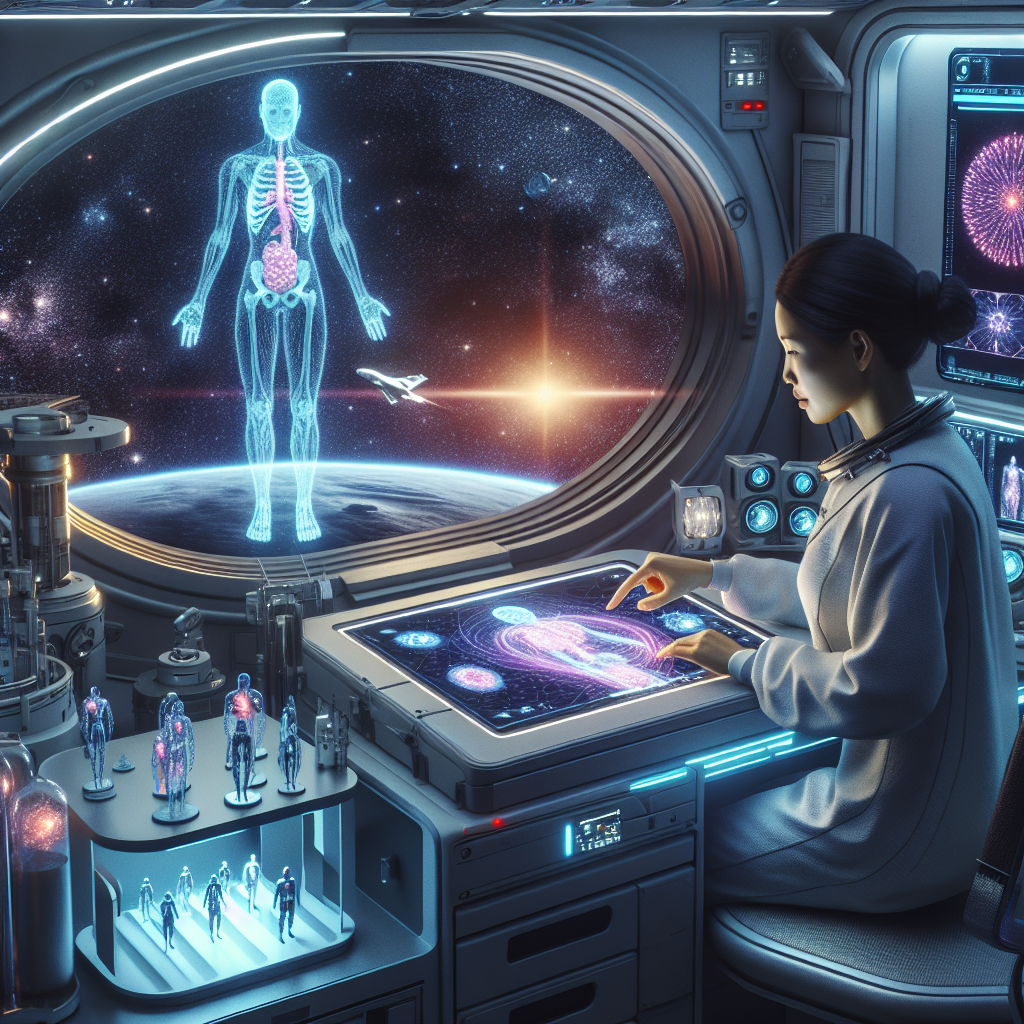Space Medicine: The Next Frontier in Astronaut Health
As space travel becomes more accessible, maintaining astronaut health is paramount. Governments and private companies are collaborating to tackle emerging medical challenges in space. Programs at universities now train specialists who understand both human physiology and engineering, preparing for the new era of space exploration.

- Country:
- United States
Colorado Anschutz Medical Campus, June 19 (The Conversation) – As human spaceflight enters a new era, the number of people traveling to space is set to surge over the next decade. Agencies like NASA and the European Space Agency are partnering with private companies to develop cost-effective crewed missions beyond the Moon.
Companies such as SpaceX, Blue Origin, and Sierra Space are innovating with reusable boosters, automated flight systems, and lightweight materials to support these missions. Their ambitions include building private space stations, Moon bases, and mining operations.
However, making spaceflight more accessible also introduces new challenges, particularly in maintaining astronaut health and performance. My team at the University of Colorado, along with others globally, is addressing these medical issues.
Despite astronauts being among the healthiest and most well-trained individuals, the ascent of commercial missions brings new complexities. Many private crews will have less training and more chronic medical conditions, unlike professional astronauts currently in space.
Long-duration missions to the Moon and Mars face additional hurdles, including prolonged weightlessness, communication delays, and extreme isolation. Crews must adapt to new hazards like lunar or Martian dust and operate with minimal supplies due to mission constraints.
Traditional medical approaches won't suffice for future space missions. Innovative technologies and training programs are essential to equip future spacefarers. Our program at the University of Colorado combines human physiology with engineering principles, preparing students for the unique challenges of space medicine.
(This story has not been edited by Devdiscourse staff and is auto-generated from a syndicated feed.)
ALSO READ
Mysteries of the Past and Future: From Woolly Mammoths to SpaceX's ISS Mission
NASA Awards $843 Million Contract to SpaceX for ISS Decommissioning
Space Challenges: From Boeing's Starliner to SpaceX's Deorbit Vehicle
Space Showdowns: Boeing's Starliner, SpaceX Missions, and More Science News
NASA Awards SpaceX $843 Million for ISS Deorbit Mission










